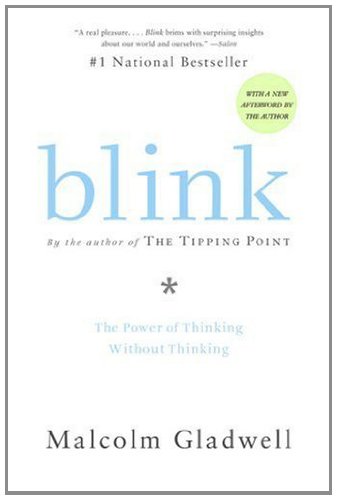Based on history, men and women have different roles assigned to them. Men “were for combat” and hunting while women bore and took care of the children. These roles gave rise to the argument that a man’s body is disposable while the woman’s body is more precious and important. In light of him growing older, John Updike thoughtfully shares his views, using metaphors and personal anecdotes, on the expendable nature of a man’s body and how it affects a man’s behaviors and emotions in The Disposable Rocket.
Updike explains how a man’s body is disposable when having children using metaphors. When having a child, Updike explains how a woman is a “device for retention” while a man, “his body is, like a delivery rocket that falls away in space, a disposable means.” Comparing a man’s body to a piece of a rocket ship that floats off into space, allows the audience to understand the idea of being used and thrown away that Updike tries to portray. The contrast between a woman being for “retention” and a man being “disposable” puts the emphasis and importance on a woman because she is the one who does the majority of the work. A man lacks importance because his “job” is relatively short and fleeting compared to the “job” of the woman.
Once Updike establishes the idea of a man being expendable, he then shares how the feeling of insignificance affects a man’s behaviors and emotions. By giving a personal anecdote, Updike is able to evoke ethos and pathos because the audience sees his first hand account and can feel sympathy towards Updike who feels useless, lost. He describes how all of his life, he would take pleasure in falling down. He describes how many things including “... the pain-smothering adrenaline rush, form cumbersome and unfashionable bliss… Take your body to the edge, and see if it flies.” While Updike seems a little radical and whiny, the audience can sympathize for him as he searches for significance. The intensity of putting his body in danger of injury exemplifies how large his longing for meaning and importance is.
After many years of life, John Updike reflects on his importance as a man and aims to share his finding that men are dispensable, by using metaphors and a personal anecdote. Considering the traditional roles of men and women in society, many arguments can be made yet one indefinitely holds true: men and women are equal; they always have been and they always will be.
